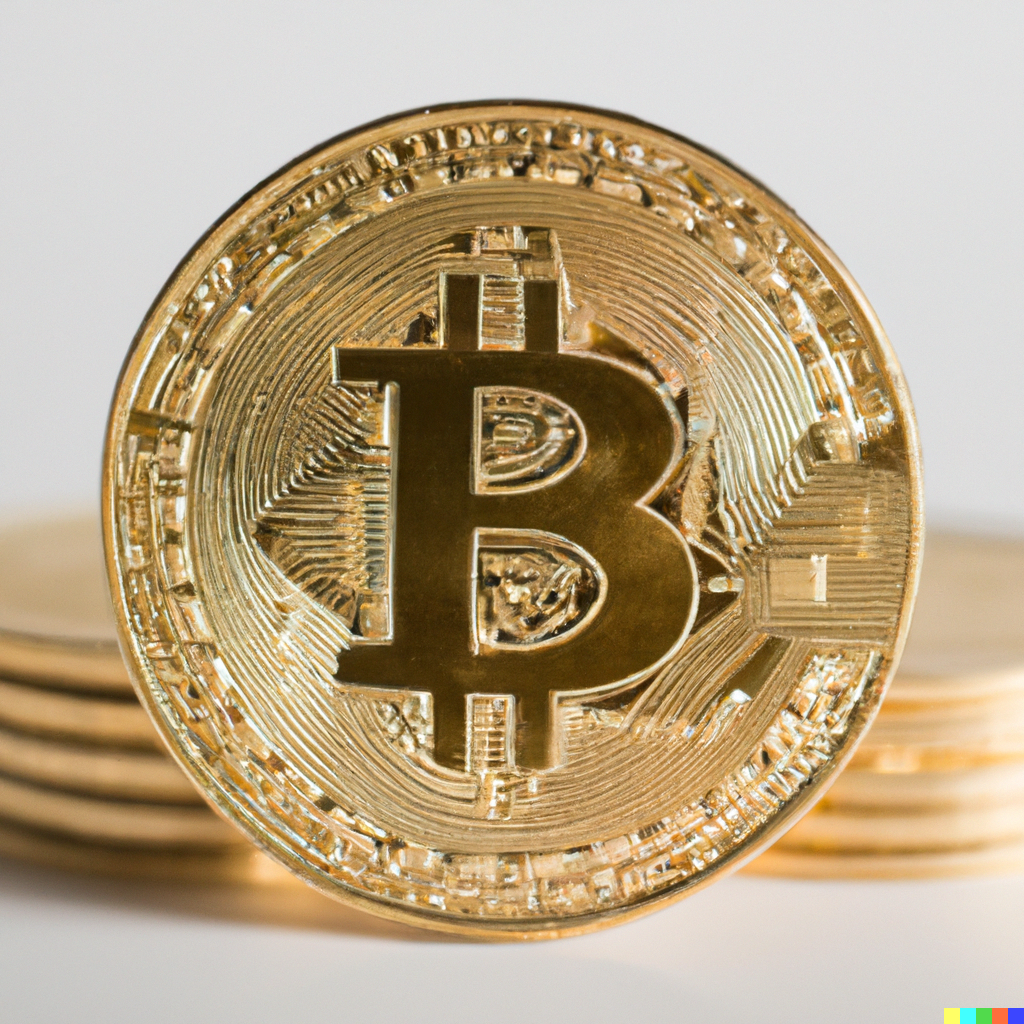Should we be afraid of bitcoin
Whether or not to be afraid of Bitcoin is a highly debated topic, with different opinions and perspectives.

It is important to consider both the potential risks and benefits of Bitcoin before making a decision on whether or not to invest.
Arguments against being afraid of Bitcoin:
- Decentralization: Bitcoin operates on a decentralized network, meaning that it is not controlled by any government or central authority. This decentralization provides a level of independence and freedom from government control, which can be seen as a positive for those who value privacy and independence.
- Security: Bitcoin transactions are secured by cryptographic algorithms, making them virtually immune to hacking and fraud. This security makes it a safer option for storing and transferring value compared to traditional financial systems, which are more vulnerable to hacking and fraud.
- Potential for high returns: Bitcoin has seen significant price appreciation over the past few years, with many investors realizing significant profits. For those who are willing to take on the risk, Bitcoin has the potential to deliver high returns over the long term.
- Limited supply: Bitcoin has a finite supply of 21 million coins, which is seen as a fundamental value. This limited supply makes it a scarce asset, and some investors see it as a hedge against inflation.
Arguments for being afraid of Bitcoin:
- Volatility: Bitcoin is known for its high volatility, with its price fluctuating rapidly and unpredictably. This volatility makes it a riskier investment option, as there is no guarantee that the value of a Bitcoin investment will hold over time.
- Lack of regulation: Bitcoin operates in a regulatory gray area, with different countries adopting different approaches to regulating the technology. This lack of regulation creates uncertainty and makes it a riskier investment option.
- Lack of intrinsic value: Unlike traditional assets such as stocks, bonds, and commodities, Bitcoin does not have any intrinsic value. Its value is largely driven by speculative demand, making it a riskier investment option compared to assets with intrinsic value.
- Limited acceptance: Bitcoin is still in the early stages of adoption, and is not widely accepted as a form of payment. This limited acceptance makes it a less reliable option for those who are looking for a widely accepted currency.
In conclusion, Bitcoin is a complex and highly debated topic, with different opinions and perspectives on its potential risks and benefits. While it has the potential to deliver high returns and offer independence and security, it is also a highly volatile and risky investment option. Ultimately, the decision of whether to invest in Bitcoin should be based on a thorough understanding of the technology, as well as an individual’s investment goals, risk tolerance, and personal preference. Before investing in Bitcoin, it is important to carefully consider both the potential risks and benefits, and to seek the advice of a financial professional if necessary.